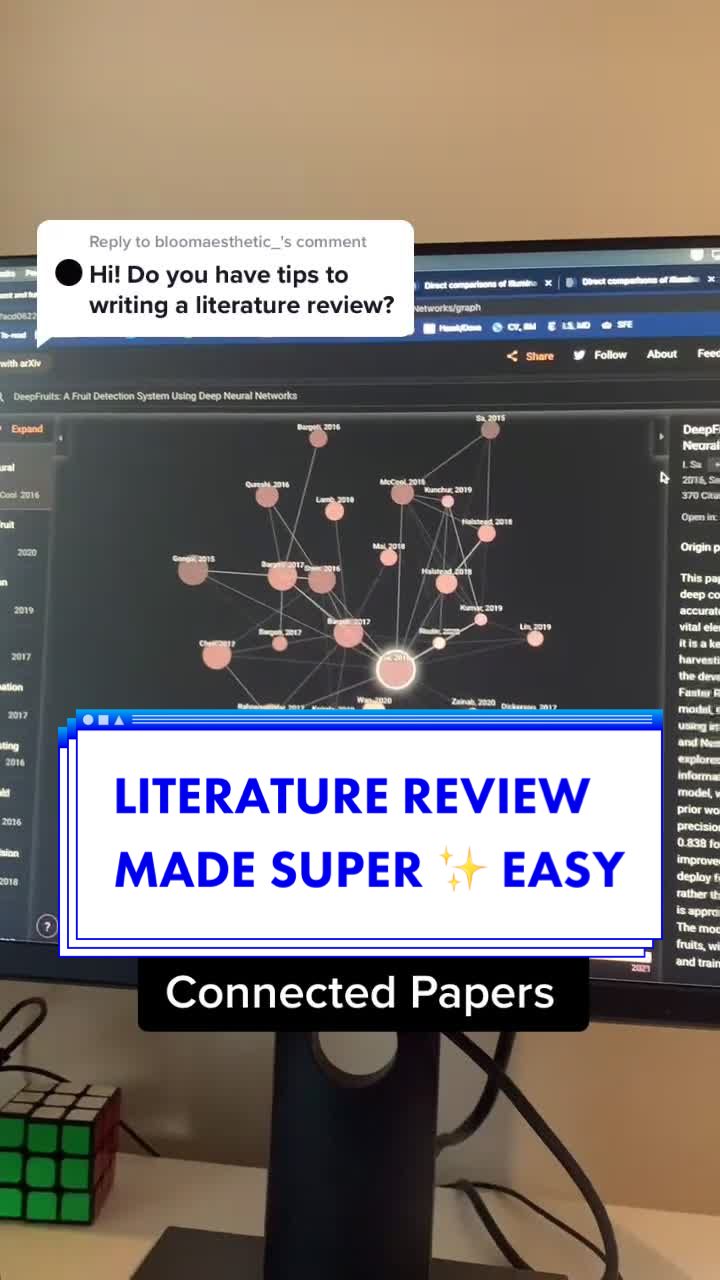
Tips for Writing a Literature Review
Writing a literature review can be a daunting task, especially for those new to academic writing. However, with the right approach and a clear understanding of what is expected, it can be a rewarding and enlightening process. Here are some tips to help you write a successful literature review:
1. Understand the Purpose
- Before you start writing, it's important to understand the purpose of a literature review. It is not simply a summary of sources, but rather an organized and critical assessment of the scholarly literature related to your research topic.
- Identify the key concepts or themes in the literature and show how your research fits into the existing body of knowledge.
2. Conduct a Thorough Search
- Start by conducting a comprehensive search for relevant literature in your field. Use academic databases, library catalogs, and other sources to find scholarly articles, books, and other publications that are related to your topic.
- Consider using a variety of search terms and strategies to ensure that you are capturing all relevant research.
3. Critically Analyze the Literature
- As you review the literature, it's important to critically analyze each source. Consider the methodology, findings, and conclusions of each study, and evaluate the overall strengths and weaknesses of the research.
- Look for patterns, inconsistencies, and gaps in the literature that can help guide your own research.
4. Organize and Synthesize the Information
- Organize the literature by theme, methodology, or any other relevant framework. This will help you to synthesize the information and identify key points of agreement or disagreement among the sources.
- As you write, be sure to provide a clear and coherent narrative that connects the different sources and provides a comprehensive overview of the existing research.
5. Provide a Clear and Logical Structure
- When writing your literature review, it's important to provide a clear and logical structure that guides the reader through your analysis. Consider using headings and subheadings to organize the literature by theme or topic.
- Ensure that your writing flows smoothly and that you provide transitions between different sections to help the reader follow your argument.
6. Use Appropriate Citation and Referencing
- Make sure to properly cite all the sources you use in your literature review. Follow the citation style required by your discipline (e.g., APA, MLA, Chicago) and provide a comprehensive list of references at the end of your review.
- Double-check your citations and references to ensure accuracy and consistency throughout your writing.
7. Revise and Edit for Clarity and Coherence
- Once you've completed your literature review, take the time to revise and edit your work. Pay attention to the clarity and coherence of your writing, and make sure that your arguments are well-supported by the evidence from the literature.
- Consider seeking feedback from peers, colleagues, or professors to help you improve the quality of your review.
By following these tips, you can write a literature review that is well-organized, coherent, and provides a comprehensive overview of the existing research in your field. Remember that writing a literature review is a skill that takes time and practice to develop, so don't be discouraged if it takes several drafts to get it right. With perseverance and attention to detail, you can produce a literature review that contributes to the scholarly conversation in your area of study.
